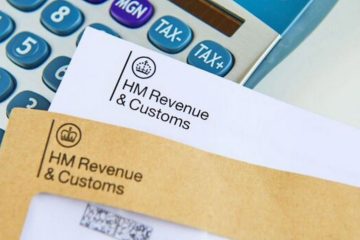Key Updates from HMRC: What You Need to Know in 2023
Introduction to HMRC
The HM Revenue and Customs (HMRC) is the UK government’s tax authority, responsible for collecting taxes, paying some forms of welfare, and administering other regulatory regimes such as minimum wage. As we navigate through 2023, it is pertinent to stay informed about the latest updates from HMRC, especially in a period marked by economic changes and evolving financial policies.
Recent Changes and Updates
This year has seen some significant adjustments in policies that affect both individuals and businesses. For starters, the HMRC has increased the tax thresholds for Income Tax, allowing individuals to retain more of their earnings amid rising living costs. The Personal Allowance has risen to £12,570, meaning that earnings below this threshold remain tax-free.
Furthermore, HMRC has ramped up its efforts to tackle tax evasion and fraud. A dedicated task force has been established to ensure compliance with tax regulations, focusing particularly on industries that have historically been vulnerable to avoidance tactics.
Impact on Businesses
For businesses, one of the major updates has been the introduction of new digital tax accounts. These accounts will streamline communication with HMRC, allowing businesses to manage their taxes digitally. The goal is to make tax filing more efficient and user-friendly, particularly for small and medium enterprises (SMEs).
Additionally, changes to the Corporation Tax rates are looming as well. As of April 2023, the Corporation Tax rate is set to increase for companies with profits over £250,000. This can significantly impact larger businesses, necessitating careful financial planning in the coming months.
Conclusion and Future Projections
As we continue into 2023, understanding the changes from HMRC is critical for taxpayers and businesses alike. Keeping abreast of these updates not only helps ensure compliance but also enables individuals and businesses to plan effectively for their financial futures.
Looking ahead, it is anticipated that the HMRC will further enhance its technological capabilities, which may include wider adoption of online filing systems and artificial intelligence to assist in customer service and compliance monitoring. As these changes unfold, taxpayers should remain vigilant and informed to navigate the evolving tax landscape effectively.









